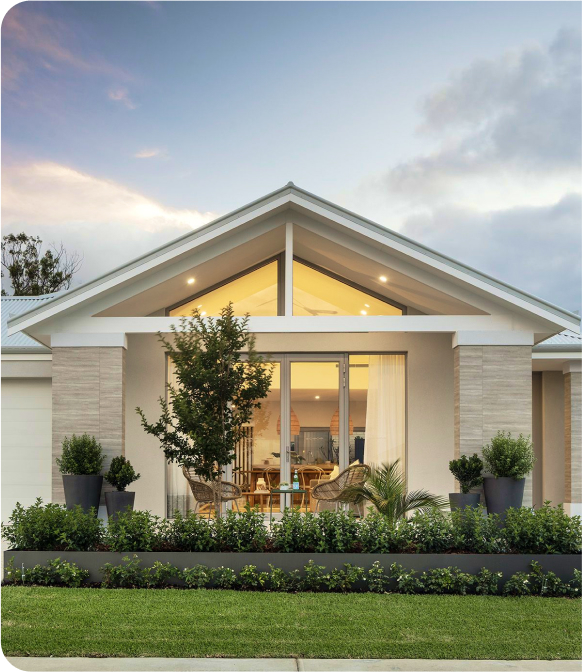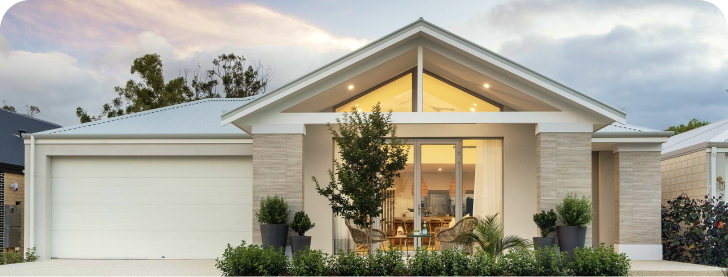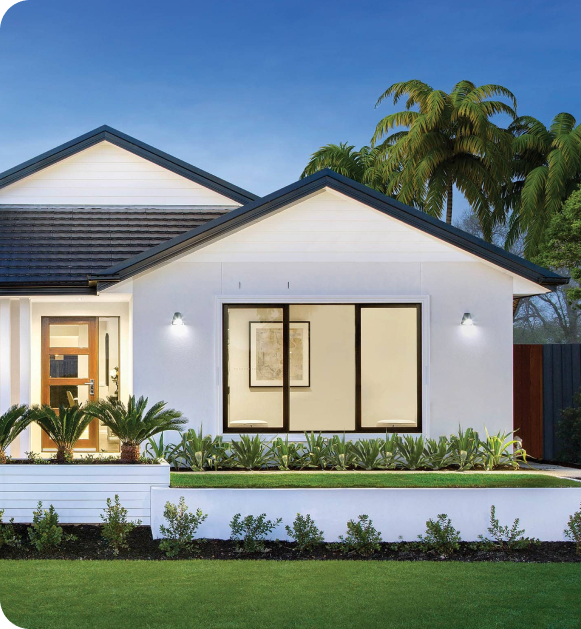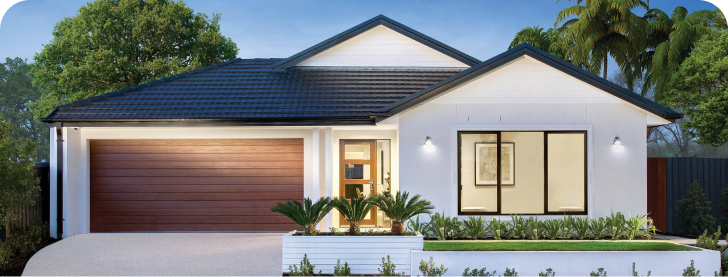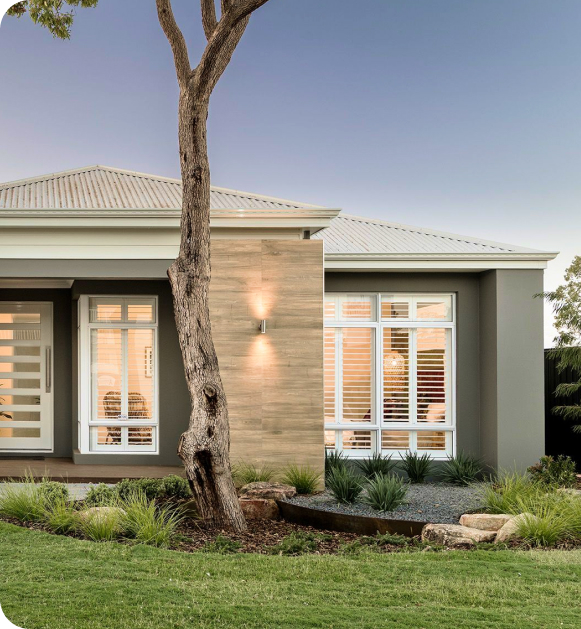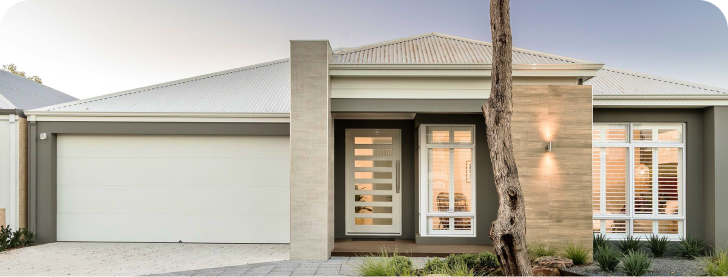
Insurance policy and liability coverage is not something that many homeowners are good at, but the understanding of home insurance policies is crucial when it comes to managing your own accessory dwelling unit (ADU). If you have already started to use it as your rental property, the lack of this knowledge may lead to lost rental income, which is extremely unpleasant.
Continue reading this article if homeowners insurance policy regarding accessory dwelling units is a hot topic for you!
We are sure that every homeowner has to understand how home insurance works, as it is the key to saving money in case of disasters. To protect rental property value, there is a special way of keeping intact your living spaces, which is called landlord insurance. Every insurance company will tell you that it is made to protect rental properties and covers the physical structure of in-law apartments, damage from natural disasters, and compensation for loss of rental income.
On the other hand, this type of insurance doesn't cover the personal belongings and valuable items of the tenants, as separate insurance policies work for the dwellers. To do so, you should check the renters' insurance and the availability of coverage for tenants' property damage.
There are many liability issues that may arise when building your business around accessory dwelling units. Hence, it is important to understand them to keep your in-law suites protected in case of danger.
According to our practice, the most common liability issues that occur with in-laws are:
In order to avoid possible liability issues, it is critical that you find the appropriate insurance company and insurance itself with coverage limits that fit your demands and situation.
Even though landlord and tenant insurance are two separate insurance policies, it is important for both parties to have one.
First, it can help you protect against liability claims in case someone, for example, comes to the granny flat and gets injured. In this case, the insurance carrier will be able to compensate for the expenses.
Second, the overall value of a separate unit diminishes if there is damaged property. Hence, it should be fixed ASAP, and in this matter, insurance is the best way to do so.
Last but not least, it will just make you calm. Sitting in the main house and understanding that your personal property is insured lets you keep the much-needed peace of mind.
Getting landlord insurance and having the damage compensated is great, but is it possible in any way to mitigate the liability risks? For sure! One of the most useful ways of avoiding liability risks is regular maintenance and repairs. The professional will check what functions well in your in-law apartment and will do the replacement if needed.
Also, don't forget to tell your dwellers what you allow and do not allow doing in the accessory dwelling unit. Encourage them to report maintenance issues in the living space to prevent possible damage.
Adequate insurance coverage will help you protect your own space from unnecessary damage and compensate for certain expenses. To do so, it is vital that it covers any minuscule aspect of your in-law suite. Make sure that it provides property damage coverage under any circumstances. Let your insurance agent write in the potential loss of income on the basis of the accessory dwelling unit being uninhabitable.
Also, don't forget to include other structures beyond the main dwelling coverage limit so the damage to the storage sheds or garages would be compensated too.
Finding the right home insurance is great, but it is also important to understand how to deal with the legal implications of ADU rental liability. In short, the homeowners are the ones responsible for everything that happens in their existing homes. If anything occurs, it will be mainly your fault. So, check the dwelling coverage and find the right homeowners' insurance that would cover your in-law apartment fully.
Apart from the landlord insurance, don't forget to discuss all the issues with the tenants and outline your responsibilities in the lease agreement. This will protect your extra income and make your property a safe space.
As we have stated before, it is crucial that you do property management of your in-law apartment to minimize liability risks. But how can you do it in a proper way?
Property management consists of the following actions:
Home insurance is an essential element of managing any in-law apartment and can help you save your passive income. However, most home insurance policies can dramatically affect property value. For example, if there are certain liability issues to it, people may be reluctant to rent or buy it.
Concerning investment returns, they can also depend on rental liability. If the insurance is high, the value will be reduced. On the contrary, the successful management of risks will attract more clients who will pay higher rates.
Homeowners' insurance is essential to the successful management of any accessory dwelling unit (ADU). But what if you abstain from having one? Well, in case of any emergency situation, it will be difficult for you to get out of it without a financial loss. Moreover, you may face problems with the law if your state supports regulations that include insurance minimums. Hence, the loss of income is inevitable in this case.
It's better not to play with fire and provide sufficient coverage for ADU rentals. The specialists in the sphere will help you work out the homeowners' policy that will fit your needs and save from money loss.

You need to maintain your in-law apartment in the best possible quality. To do so, implementing the best strategies for insurance management is the right idea.
The best homeowners' insurance includes these practices:
Follow the steps above, and your homeowners' insurance will save you even in the most difficult conditions.
The time to build an in-law suite depends on a variety of factors. We need to consider the type of ADU (attached ADU, detached ADU, basement apartment, or JADU), the time to obtain necessary permits, or the number of units on the same property. However, overall it takes around 6–8 months to build a unit.
The versatility is the reason why so many people have got their ADUs in recent years. Normally it works like an additional living space where you can accommodate your family members, be it adult children or aging parents. Also, you can use it as one of your guest houses if you don't want to see a non-family member in your primary residence. Another option is finding renters who would bring you additional income. However, you can always use it as one of the home offices.
The ADU type depends on your needs. For multi-generational households, a multifamily home is a must. It will include a separate entrance and a detached garage but stand on the same grounds. If the number of your family members is small, a single-family home will be great. The homeowners' policy has to fit the type of housing, so keep that in mind.
